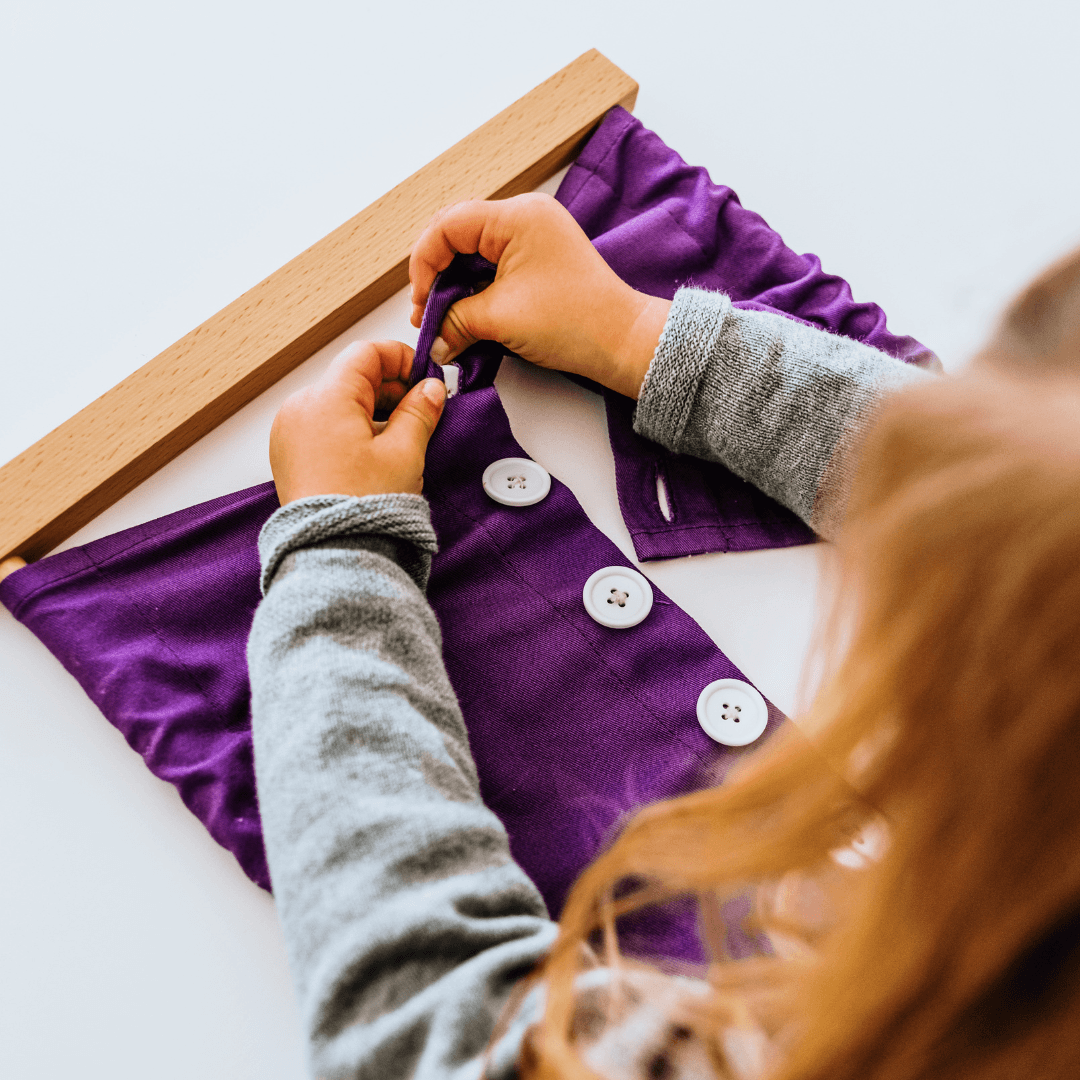
Focus on Independence in Montessori Games
One of the central aspects of the Montessori methodology is the development of independence in children. Montessori games are designed to encourage autonomy from early childhood, allowing children to learn through direct experience and free experimentation.
The Importance of Independence
Maria Montessori believed that independence is an essential element for a child's growth. When a child is able to do things on his or her own, he or she develops self-confidence and learns more effectively. Some of the key benefits of independence in children include:
- Increased Self-Esteem – Children learn to believe in their own abilities.
- Problem Solving – The Montessori approach encourages experimentation and discovery.
- Developing a sense of responsibility – Working independently teaches children to take care of their materials and their environment.
How Montessori Games Promote Independence
Montessori games are designed to support autonomy through:
- Self-Correcting Materials – Many games allow children to identify and correct their own mistakes without outside intervention.
- Hands-on Activities – Using concrete objects helps children understand abstract concepts intuitively.
- Freedom of Choice – Children can select activities based on their interests and learning pace.
Examples of Games to Promote Independence
Some games that are particularly effective in promoting independence include:
- Closure Boards – Helps children develop fine motor skills as they learn to close and open zippers, buttons and laces.
- Decanting Set – Allows you to practice precision and coordination without the help of adults.
- Puzzles and interlocking puzzles – Stimulate logical thinking and problem-solving.
Conclusion
Providing children with tools that help them become independent from early childhood is essential for their development. Montessori games, with their intuitive and pedagogical design, are a precious resource to accompany the little ones in their path of autonomous growth. Integrating these games into daily life means promoting conscious, fun and self-directed learning.























